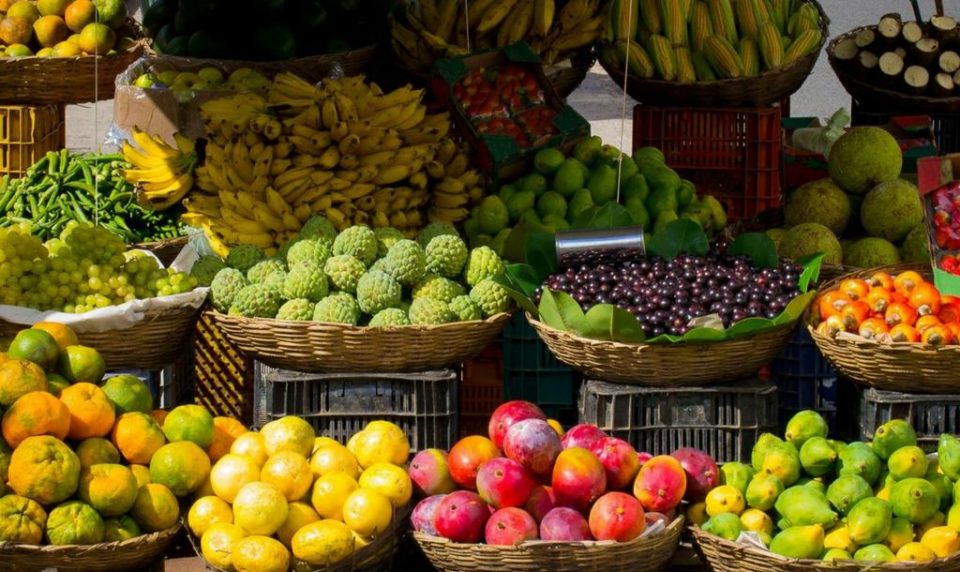THE Tanzania Commission for Science and Technology (COSTECH) has embarked on a three years programme gearing at reducing import dependency for agriculture related goods.
The commission is collaborating with Swedish International Development Cooperation (SIDA) and offers 400m/- to those who come up with research based solutions on how to reduce the import dependency.
The grant offered to those intends to support research infrastructures in institutions that would like to advance in analytical investigations, improving quality of agriculture products which are livestock, fisheries, crops and control of livestock diseases.
Costech expected that the new knowledge, scientific and technological innovations which will be generated from the supported projects will reduce dependence on imported goods thus increasing GDP and hence facilitate the transformation of the country into an industrial economy.
Thus, Costech said that it intends to advance research capacity through support of research infrastructures to conduct top level research and foster innovation in respective fields.
“The call intends to support state-of the-art infrastructures in the actively operating facilities to assess the quality and safety of agriculture products analytical investigation in traditional medicine with focus to techniques in chemical research for structures and dynamics of molecules,” the Commission said in the statement.
The infrastructure fund will be granted for a maximum of three years which will deal with acquisition, establishment and development of new research infrastructure in actively operating facilities
Also will upgrade and supplement the existing research infrastructure in actively operating facilities and replacement of existing infrastructure-investments, installation, service, contracts-in actively operating facilities. It stated that the fund will cover only plans for long-term following the end of the funding period, specification and justification for each cost item in the budget.
“Since the fund will not be granted for building, research salaries or other direct research expenses, applicants are advised to secure supplementary funds through other funding sources,” the statement said.
According to the latest data from Observatory of Economic Complexity (OEC), top imports of the country are refined petroleum 1.59 billion US dollars, palm oil ($308m), packaged medicaments ($274m), cars ($230m), and wheat ($174M) mostly from China, India, United Arab Emirates, South Africa and Kenya.


